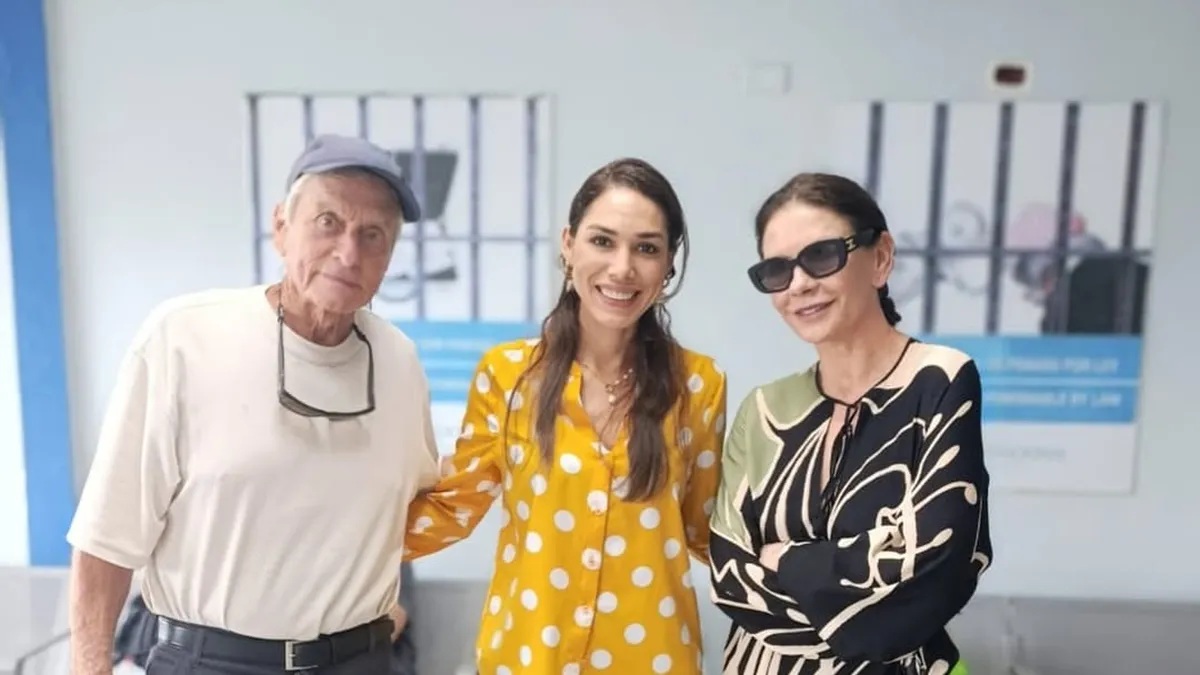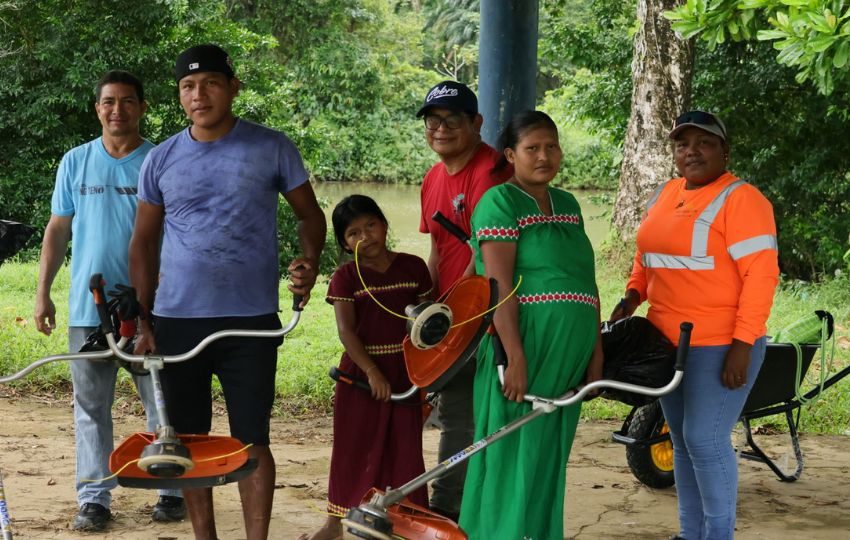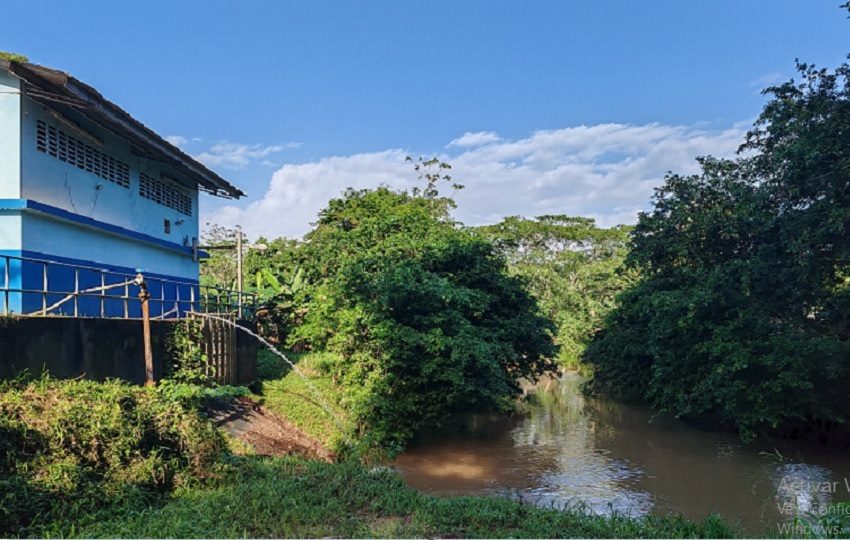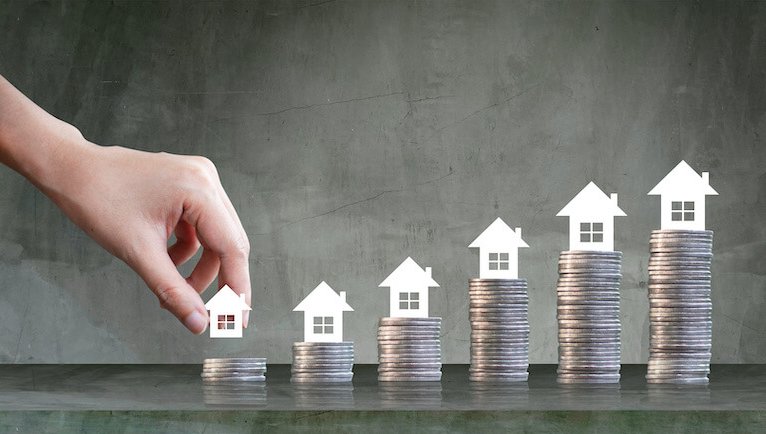Panama Promotes Sustainable Tourism with Campaign to Eliminate Plastics
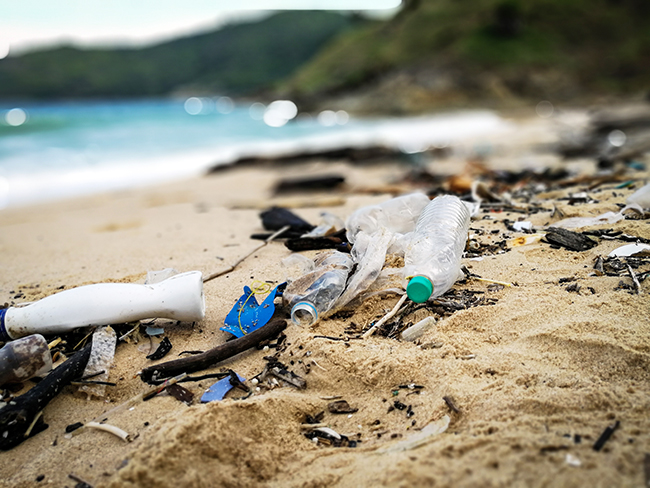
Every year in Panama, more than 380 thousand tons of plastic waste are generated, of which 89% ends up in landfills, natural areas or is incinerated in the open air, affecting health, conservation of natural resources and making the country less attractive.
To counter this reality, a coalition made up of the government, private companies, foundations, NGOs and international organizations launched the campaign “Panama looks better without trash”, with which they will promote a vision of a cleaner, healthier and more prosperous Panama, to attract tourists.
Tourism is an economic activity that in 2023 represented 15.8% of the gross domestic product, with revenues close to $11 billion.
One of the most emblematic tourist destinations is Taboga Island, located 20 kilometers in the Pacific from the capital city and known as the Island of Flowers, facing the challenge of garbage dragged from Panama City and waste abandoned by visitors.
The campaign responds to the urgent need to address the environmental, economic and health effects of solid waste in the country.
The campaign articulates three pillars: economy, health and conservation. Economy, which will be aimed at promoting sustainable tourism, recognizing that a clean environment is essential for the development of the sector; health, focused on the prevention of diseases linked to the accumulation of garbage, promoting safe and healthy spaces for communities; and conservation, aimed at the protection of watersheds and biodiversity, crucial for the environmental balance of Panama.
During the press conference for the launch of “Panama looks better without trash”, the head of MiAmbiente, Juan Carlos Navarro, stated that Panama is drowning in trash, “there is not a single municipality that is not facing a waste crisis, with legal and illegal dumps everywhere. We have inherited a country full of trash, but we are determined to change this reality, the solution begins with each one of us. We must put trash in its place, recycle and promote a circular economy.”
AAUD General Manager Ovil Moreno also highlighted that “the accumulation of garbage in our streets reflects the lack of responsibility of some citizens in the disposal of waste. Despite the daily efforts of the Urban and Residential Cleaning Authority to keep our communities clean, many insist on throwing garbage in inappropriate places. It is crucial to recognize that their work goes beyond collection; they seek a healthier environment for everyone. Each of us must assume the responsibility of disposing of our waste correctly.”
In addition to the economic impact, the accumulation of garbage represents a threat to public health, because it promotes the spread of diseases such as dengue and other problems linked to the contamination of water, rivers and our seas and the direct impact on the biodiversity that sustains the life of people on this planet.
With this initiative, the coalition seeks to transform the relationship between citizens and their environment and consolidate a common message of action and collective responsibility. “Education and environmental awareness are key to creating the change we need. Protecting our ecosystems not only ensures a healthy environment, but also a safe future for Panama,” concluded Adrián Benedetti, executive director of Ancon.
Alvin Alzamora, project manager of Fundación Natura, said, “We are ready to continue generating alliances and to demonstrate that together we are stronger than one person alone. That is why we believe in this effort and reaffirm our commitment to work for the conservation of biodiversity, through the integrated management of watersheds, marine-coastal areas and their healthy ecosystems, stopping pollution to provide sustainable solutions.”
In the coming days, Ancon will launch a platform on its website http://www.ancon.org to centralize information and collaboration spaces.


